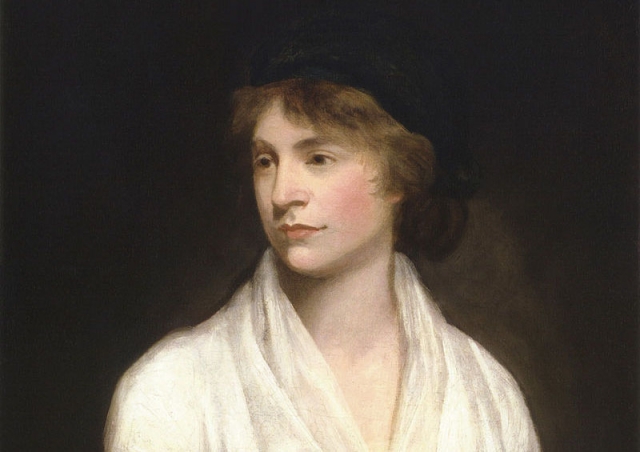March is Women’s History Month

Women’s History Month 2021
Read the 2022 Women's History Month story here
Once again we are back at the dilemma about whether or not to designate a month for a specific group who are often underrepresented in the usual historical narratives. This dilemma is particularly interesting when it comes to women – after all, women make up at least 50% of the population in most countries, frequently a little bit more, and yet rarely do they feature as 50% of the writings of the past. So, although in the 21st century having a month dedicated to women’s history might seem like a nonsense, in reality it is still very much a battle to get this aspect of the historical discussion acknowledged. Key women’s stories along with the stories of ordinary women are often overlooked in favour of the grand sweep of history or the male experience of an event.
In the last couple of decades the argument to feature more women in history lessons and historical discussions has started to be made; there is still, however, a long way to go. If you look at some of the key events of each century, they are still usually viewed through the men who made decisions rather than the women who experienced the decision-making. Women’s History Month is therefore a whole month to lobby for the wider inclusion of people in history and not an opportunity to dump all the stories about women into just one month, tied up nicely with some pink ribbon.
Women’s History Month is, however, an opportunity to remind everyone that history is multi-faceted, and that actions and events can have broad sweeping consequences and very specific ones for different groups. Over the years women have been directly affected by decisions on who has access to power, and who is able speak out.
This year there seems to be an extra importance to us marking Women’s History Month and that is that many reports have began to emerge on the effect of the Covid-19 pandemic on domestic relationships. A number of researchers have suggested that the lockdowns, children being at home, and the employment market as a result of economic issues from the pandemic have affected women more adversely than men. A number have suggested that women’s equality has been set back by several decades. This means that the effect of 2020 and 2021 could have long-term effects for women and how they are represented in society and thus recorded in the history of this period.
So this March we are not just marking Women’s History Month, we are also using it to remind as many people as possible of the importance of ensuring that history is the story of all peoples and that all stories have a value, regardless of whether all people have access to the decision-making.
In the 18th century Mary Wollstonecraft wrote about the Rights of Women – she probably hoped that 230 years after her seminal work we wouldn’t still be campaigning to have equal rights and representation. It has been a slow journey to get to where we are now. Let us use the opportunity of Women’s History Month to shout about how far we still have to go and why the past is not full of stories to be overlooked, but rather stories to give us inspiration and reminders of how much still needs to change.


